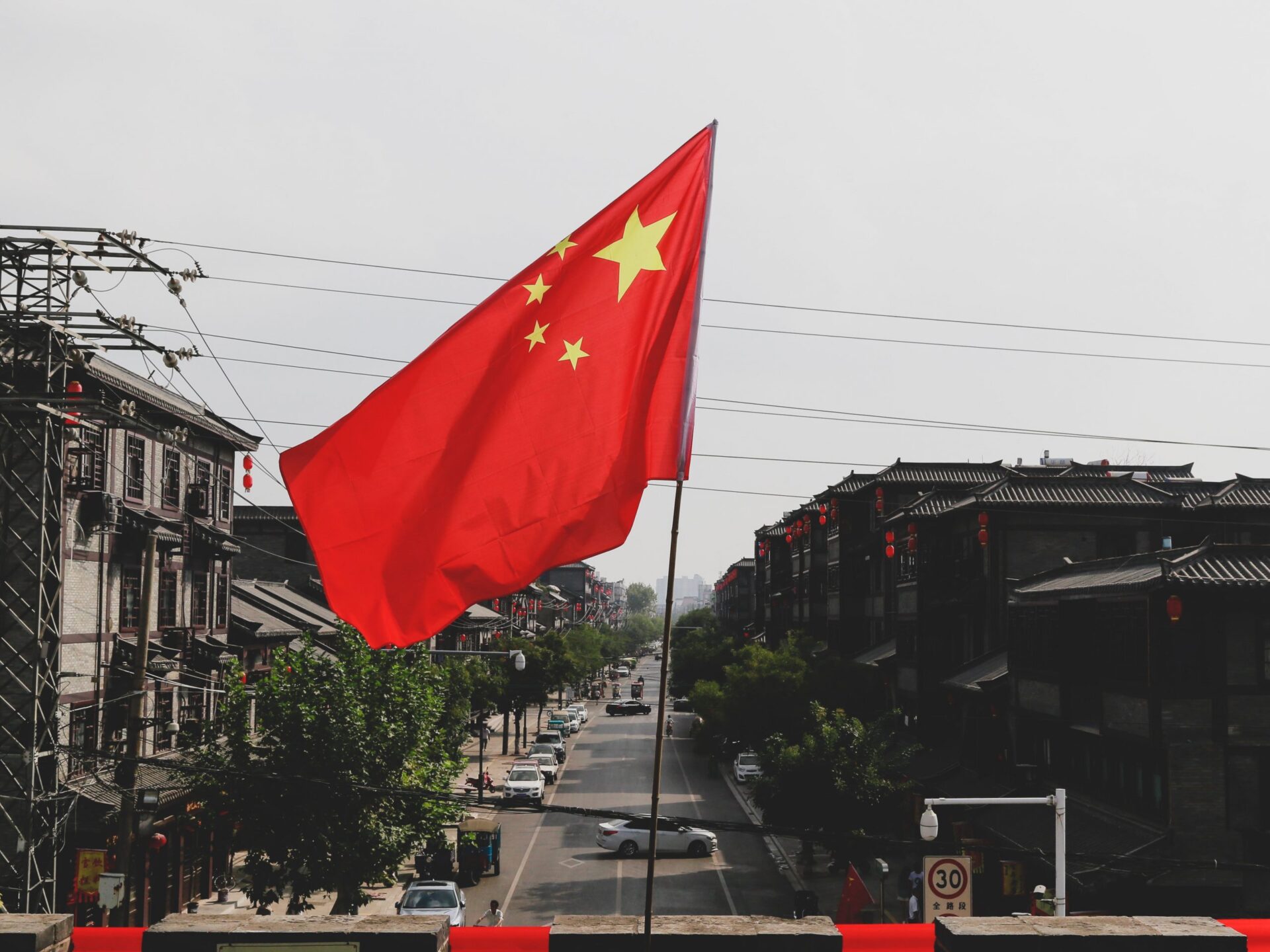
Unsurprisingly, China has announced a new restriction for the gamer market in its territory. Last Friday (15), the Chinese government expanded the siege on unauthorized games and banned live broadcasts of titles not approved by the country’s authorities.
Unlike what happens in other countries, in China, foreign games need to be licensed before launching in the territory. However, many of these unauthorized games end up being promoted on streaming platforms like Huya, DouYu and Bilibili.
A good example of this is the recent Elden Ring. Despite not having a license in the Asian country, FromSoftware’s newest hit averaged 17.1 million cumulative views per day on Chinese live streaming platforms. And that for them is a big problem.
Image: Disclosure/FromSoftware
“For a period of time, issues such as chaotic live streams and teenagers’ gambling addiction have raised widespread concerns in society and effective measures need to be taken urgently,” the Chinese regulator highlighted on its website.
Because of this, the National Administration of Radio and Television in the region has warned that platforms do not allow game streams not authorized by government authorities. In practice, even short videos or advertisements for unapproved games should be phased out.
China and the siege of the gaming industry
The new measure aligns with the restriction announced by the country last week. Last Wednesday (13), Tencent, one of the largest gaming conglomerates in the world, confirmed that it will update its game acceleration tool for desktop and mobile devices on May 31.

Image: 大 神/Unsplash
Unapproved gringo games are not effectively blocked, but they have very high latencies and the tool provides alternative access to these titles. However, the update will only support titles operated in China and will no longer allow access to gringa games.
Other announced restrictions include daily game play limits for minors, a ban on “violent content” and “Western trends” in games in the country, restrictions on games (such as Fortnite) and competitions, and a long-running shutdown in local game production.
And with more and more restrictions, it seems that the situation of the gaming industry in China will get more and more complicated.
Via: Reuters



